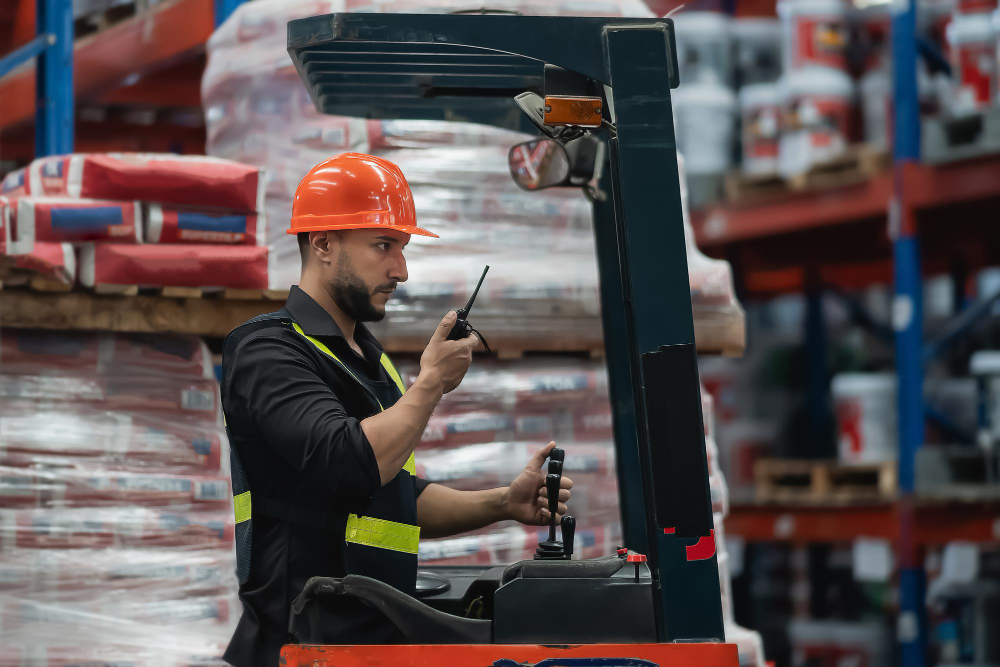


 149,200 Offered Certificates
149,200 Offered Certificates
 24/7 Online Training
24/7 Online Training
 Money Back Guarantee
Money Back Guarantee
 Fully Accredited Courses
Fully Accredited Courses

Created at: 2024-06-02 19:46:05
Regular safety drills are a crucial component of a comprehensive health and safety program. They prepare employees for emergencies and ensure that everyone knows their roles and responsibilities in the event of a crisis. At Ireland Safety Training, we emphasize the importance of conducting regular safety drills to enhance preparedness and safety in the workplace.
Why Regular Safety Drills Are Essential
Preparedness for Emergencies Safety drills simulate real-life emergency situations, such as fires, earthquakes, or chemical spills. These drills help employees practice their responses and become familiar with emergency procedures, ensuring they are well-prepared if a real emergency occurs.
Reducing Panic and Confusion In an emergency, panic and confusion can lead to chaos and increased risk of injury. Regular drills help employees remain calm and focused, as they know exactly what to do and where to go.
Identifying Weaknesses in Emergency Plans Conducting drills allows organizations to identify weaknesses in their emergency plans. By reviewing the outcomes of drills, businesses can make necessary improvements to ensure that their emergency procedures are effective and comprehensive.
Compliance with Regulations Many health and safety regulations require businesses to conduct regular safety drills. Ensuring compliance with these regulations helps avoid legal penalties and demonstrates a commitment to workplace safety.
Promoting a Culture of Safety Regular safety drills reinforce the importance of safety in the workplace. They show employees that the organization prioritizes their well-being, promoting a culture of safety and vigilance.
Types of Safety Drills to Conduct
Fire Drills Fire drills are essential for ensuring that employees know how to evacuate the building quickly and safely in the event of a fire. They should include practice using emergency exits and meeting at designated assembly points.
Evacuation Drills These drills prepare employees for a variety of scenarios that require evacuation, such as natural disasters or bomb threats. They help ensure that everyone knows the quickest and safest evacuation routes.
Lockdown Drills Lockdown drills prepare employees for situations where it is safer to stay inside the building, such as during an active shooter event or external threat. These drills focus on securing the premises and keeping everyone safe.
First Aid and Medical Emergency Drills These drills train employees on how to respond to medical emergencies, such as heart attacks or severe injuries. They include practicing first aid techniques and using emergency medical equipment.
Chemical Spill Drills For workplaces that handle hazardous materials, chemical spill drills are essential. They train employees on how to contain and clean up spills safely and effectively, minimizing the risk of exposure and contamination.
Implementing Effective Safety Drills
Develop Clear Procedures Establish clear procedures for each type of drill, including step-by-step instructions and roles for employees. Ensure that these procedures are well-documented and easily accessible.
Communicate and Educate Inform employees about the importance of safety drills and provide training on the procedures. Ensure that everyone understands their roles and responsibilities during a drill.
Schedule Regular Drills Conduct drills on a regular basis, at least once or twice a year. Schedule them at different times and days to ensure that all employees have the opportunity to participate.
Evaluate and Improve After each drill, conduct a thorough evaluation to identify any issues or areas for improvement. Gather feedback from employees and make necessary adjustments to the procedures.
Our Training Solutions
At Ireland Safety Training, we offer comprehensive training programs to help businesses implement effective safety drills. Our online courses cover a wide range of emergency scenarios and provide practical guidance on conducting and evaluating drills.
Conclusion
Regular safety drills are essential for ensuring that employees are prepared for emergencies and know how to respond effectively. By conducting various types of drills and continuously improving your procedures, you can create a safer and more resilient workplace. Ireland Safety Training is here to support you with high-quality training solutions that enhance your emergency preparedness. Contact us today at [email protected] or call us at 0894631967 to learn more about our offerings.